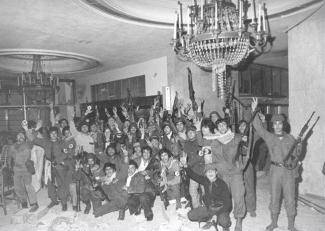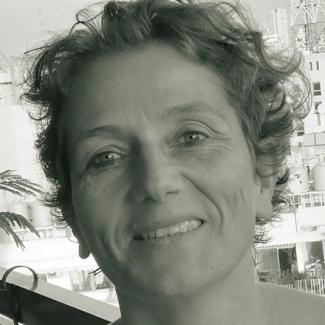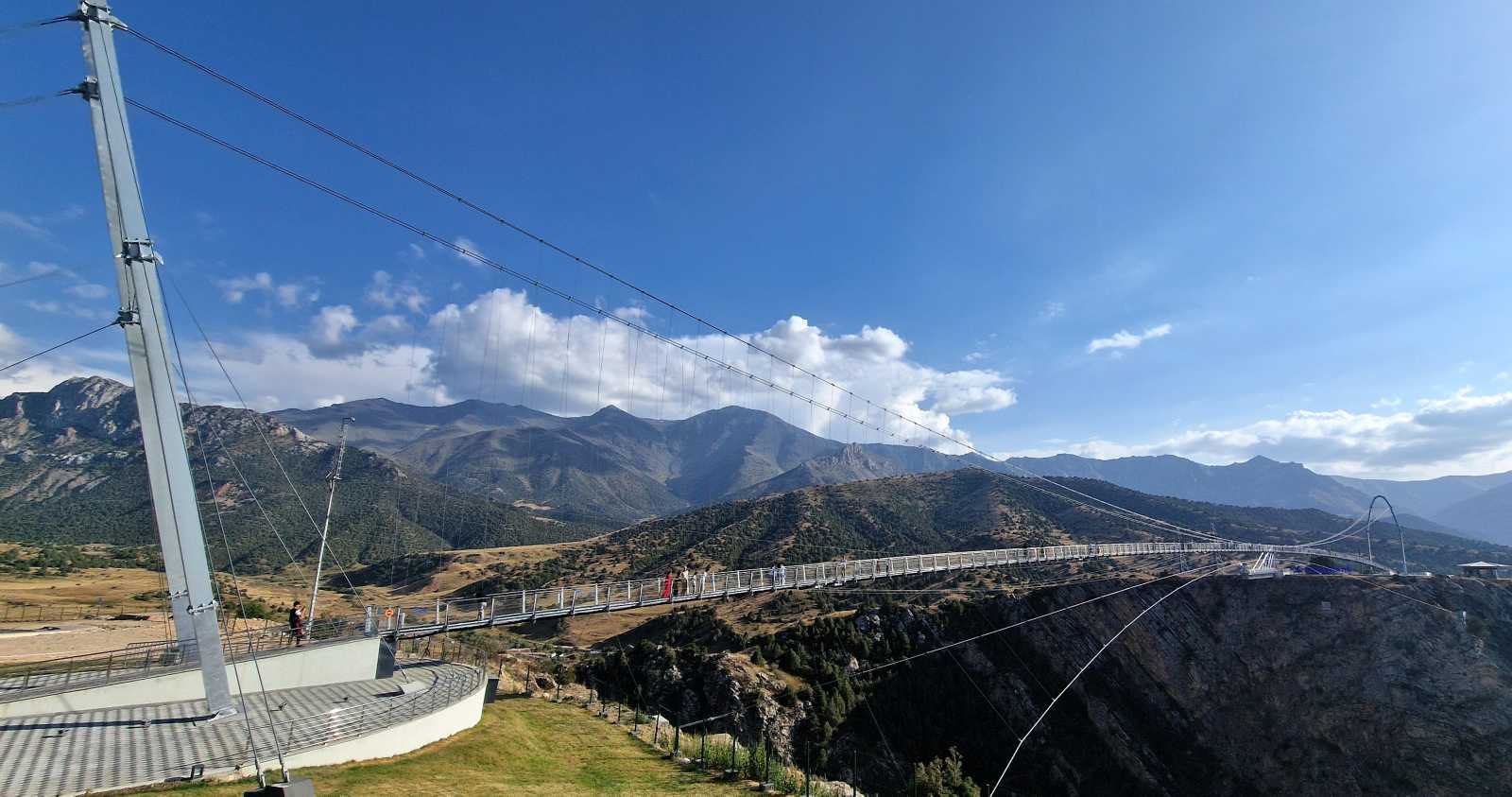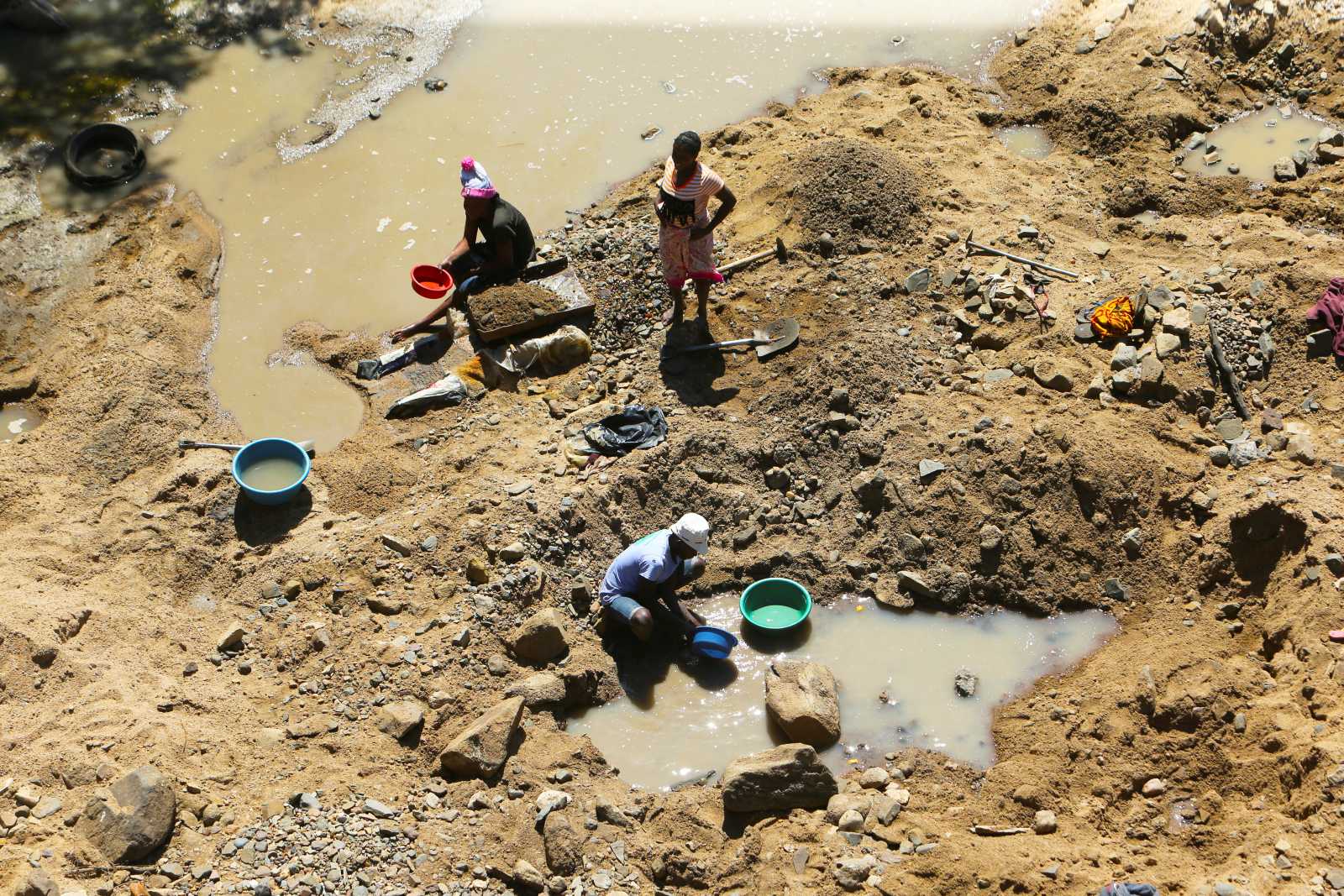Middle East
Remembering strife

“On 1 July 1975, Ahmad Said Intabawi (25 years) left his home in the West Beirut suburb of Basta Tahta and did not return. Please phone 244413 or 239137 if you have any information.” Lebanese newspapers published hundreds of adds like this one during the country’s civil war (1975 – 1990). Each of them was headed “Missing”. Many of the people who disappeared during that time never returned to their families. Their whereabouts or deaths remain unexplained. It is estimated that 17,000 men and women are missing.
Stories of people who disappeared can be accessed on the website www.memoryatwork.org. One section has an alphabetical list of persons concerned, most of them with a photo, the year of birth and the year of disappearance. In another section, there is a chronological list of appeals parents, whose daughters or sons were missing, made to abductors.
At the time, all warring parties kidnapped people. The documents available at www.memoryatwork.org extend beyond the war however. In the years after its end in 1990, mass graves were discovered in various parts of Lebanon. Moreover, there were moves to pass legislation giving family members the right to information on the fate of those who had disappeared.
“Memory at work” is run by UMAM, a non-governmental centre for documentation and research in Beirut. It was founded in 2004 by the German journalist Monika Borgmann and her Lebanese husband, the publisher and activist Lukman Slim. "UMAM" is Arabic and means “nations”. The NGO's goal is to come to grips with the past, says Slim, and to make an impact on the present.
UMAM has been working on an extensive archive on Lebanon’s civil war for a number of years. The non-governmental institution organises exhibitions, conferences and workshops. It uses photographs, holds debates and screens films by Lebanese and foreign directors who tackled violent conflict in their work.
Borgmann and Slim have also adopted some less common methods. They recently brought to the stage the experiences of Lebanese people who were imprisoned in Syria during and after the civil war. A group of former detainees dealt with their traumatic experiences in a stage play. Before, most contributors had never spoken about their suffering in Syria. UMAM provided them with the space for reliving memories and conveying them to others.
UMAM uses a bus as a mobile office, allowing people outside Beirut to consult the archive and encouraging them to talk about what they recall.
Undocumented strife
Borgmann and Slim had the idea to establish UMAM while they were working on the documentary film Massaker (Massacre, finished in 2004). This film tells the story of the 1982 Sabra and Shatila atrocities in Beirut from the perspective of six perpetrators. Borgmann and Slim had to rise to the challenge of no suitable archives or even points of contact being available in Lebanon to research the recent past.
“That’s why we started UMAM”, says Borgmann. The co-founders of UMAM had both dealt with the topics of violence and remembrance before. “During the years I worked as a journalist in the Middle East, memories and violence were often core topics for my broadcasts”, Borgmann remembers. “So I am basically still doing the same thing, though in a different context.” She is particularly interested in the question why people become violent. What leads them to go beyond all limits and to do something which they themselves earlier considered impossible?
Today, UMAM is based at Slim’s family property in Harat Hreik, a southern suburb of Beirut. The archives are open at no charge to anyone interested: students, journalists, researchers and the general public. Zeina Assaf, an UMAM archivist, reports that the topics that generate the most interest are the people who disappeared and Lebanon's relations with Syria.
There can be no “zero-hour”
Lebanon’s civil war ended 23 years ago, after raging between Christian groups on one side and Muslim and Palestinian groups on the other. Alliances were shifting all the time however. Armies from the neighbouring countries of Syria and Israel also got involved. Some 150,000 people were killed. There never was any systematic national attempt to deal with what happened.
When the guns fell silent, the official policy was to proclaim a “zero-hour” and declare a general amnesty. Even in 1991, Slim opposed the amnesty which the Lebanese parliament passed that year for all crimes committed during the civil war.
Today, it is obvious that the policy of complete denial has failed. What people know about the bloodiest chapter of their country's recent history depends largely on their religious or party-political affiliations.
There is no written account that is generally accepted. The Lebanese people are not even able to agree on a common history textbook for schools covering the period following independence in 1943 through to today.
Ahmad Mroueh, a staff member at UMAM, believes that the civil war is far from understood. “We still haven’t turned over to a new page. We are merely moving on to a new line and a new date.” He is 37 years old and argues that the violent confrontations which continue to flare up in Lebanon are a result of the civil war not having been dealt with properly. “If we put the war behind us, that would have to mean that we have learned our lessons and stop hiding behind our leaders and our respective faith. That is not the case. Every group is afraid of the others and firmly believes that the others want to annihilate them. Our whole life is now shaped by division according to religious affiliations.”
After Beirut's “mini civil war” in 2008, Mroueh interviewed combatants on both sides. The Shiite Hezbollah and its allies were up against the Sunni Future Movement and the Druze Progressive Socialist Party. Most of the fighters were young and had not experienced the civil war, but they were determined to repeat the bloody disaster, Mroueh recalls. “One side described the others as traitors and collaborators. The others said that they wanted to restore their dignity. They were using the same inflammatory language as before.”
Mroueh finds troublesome the generalised fear of the other and the tendency to hide behind faith leaders. Such attitudes have become ever more pronounced since the civil war in Syria began in 2011. Shia organisations and their followers support Bashar Assad's regime, whereas most Sunnis are on the Syrian opposition's side. The divide between the two major denominations of Islam has grown in Lebanon, with violence re-occurring again and again.
Documenting the fate of the people who disappeared is one example of the sort of work that UMAM does. The catalyst for getting involved was the discovery in 2005 of a mass grave in Anjar, a town in Bekaa in Lebanon's east. The idea was born to organise an exhibition called “Missing” that would tell the public about the people who disappeared in the war. UMAM collected clippings from newspaper archives and data from the organisations of families concerned.
The exhibition showed initially 500 posters, each with a photo, date of birth and date of disappearance. It was on display in many places in Lebanon over a two-year period. It kept getting bigger all the time. “Wherever the exhibition went, families approached us and told us about relatives who had disappeared”, says Borgmann. In the end, “Missing” comprised 700 posters.
UMAM’s work is funded by various foreign groups, including German agencies, such as the Institute for Foreign Relations and the Heinrich Böll Foundation. UMAM was founded ten years ago, and has since become an integral part of cultural and political life in Lebanon. It has the most extensive archive on Lebanon’s civil war, consisting of books, magazines, leaflets, political communiqués and audio-visual material. It also contains everyday material, such as the archive from the famous Carlton Hotel in Beirut, which was an important meeting place for politicians and journalists during the civil war.
Some of UMAM’s documents are accessible online, including information on missing people. The process of digitalisation will continue, Borgmann promises. The idea is not only to make as much information available on the web as possible, but also to keep the collection safe. In the 2006 war between the Hezbollah and Israel, a neighbouring building was hit and part of the archival collection was damaged by shrapnel.
Slim points out that UMAM’s activities are now of particular interest to people in their early and mid twenties. They were born at the end of the civil war and later. “This is the generation which does not feel responsible for what happened, but knows that what happened still affects their present and future.”
Mona Naggar is a journalist living in Beirut.
mona.naggar@googlemail.com








